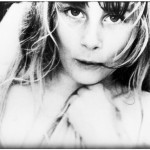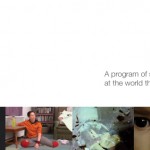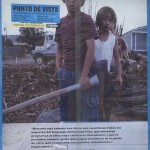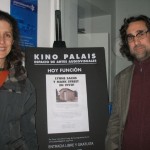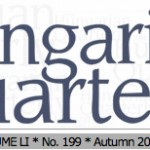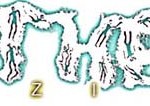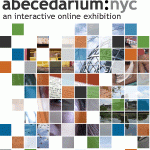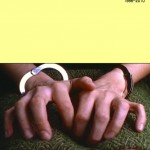Roundtable on Digital Experimental Cinema in October Magazine
We are here to discuss the various ways digital technologies have, and have not, impacted experimental filmmaking. There was a time, in the mid-1990s, if not before, when some people argued that digital technologies were revolutionary and that they would fundamentally change filmmaking. Now that the dust has settled, or at least started to settle, and we can look back over the last fifteen or twenty years, the “digital revolution” might not seem like a revolution at all. We want to talk about both what has stayed the same and what has changed in experimental filmmaking thanks to the advent of digital technologies.


